Monday, May 02, 2022 / 07:00 AM / by SEC Nigeria/ Header Image Credit: NGX
Preamble
This document sets out the Minimum Information Technology Operating Guidelines for CMOs in the Nigerian Capital Market. The provisions apply to all categories of CMOs unless in sections where reference is otherwise made to specific CMO categories.
The purpose of the Guidelines is to establish a threshold of operational efficiency in the Nigerian Capital Market through the effective adoption of Information Technology in driving business operations and ensuring the security, confidentiality, integrity and reliability of Information Systems.
- Computing Environment
This refers to the collection of electronic workstations, data storage devices, computer machines, software applications and networks interacting together to support the processing and exchange of electronic information for the business.
1.1 Requirements for Computing Environments
i. The computing environment shall be any or a combination of ClientServer, Cloud, Distributed or Time-Sharing environments.
ii. The computing environment shall be such that is well suited to the operations and business objectives of the Capital Market Operator (CMO).
iii. The hardware systems and all other IT infrastructure in the environment shall be located in physical spaces with adequate security, access control, power and cooling to ensure service availability and continuity.
- Requirements for Private Data Center, Colocation and Public Cloud Service
Capital Market Operators are required to either own and manage a private data centre, rent rack spaces in a colocation data centre facility, or employ the services of a public cloud service provider (CSP) for their computing, storage and networking requirements. A hybrid of any of these can also be employed.
i. Requirements for CMOs that utilize Private Data Centers
(a) The physical space shall be adequate to house all the servers, storage devices, networking devices and computer machines in well-arranged racks with room for scalability.
(b) There shall be a biometric access control system in place for authorized entry into the data center
(c) There shall be a round-the-clock monitored video surveillance of the data center using CCTV devices. This shall provide a good view of the entry point and of all critical devices in the data center.
(d) The data center shall be up to the standard of a Tier-3 rated facility in terms of expected uptime, fault tolerance and redundancy, and multiple paths for power and cooling.
(e) There shall be adequate personnel and infrastructure in place to ensure physical security.
(f) There shall be a well-trained and qualified data center administrator to manage the facility.
ii. Requirements for CMOs that utilize Colocation services Adequate due diligence shall be carried out before subscribing to the service of a colocation data center facility. The following minimum requirements shall be in place for a colocation data center facility to be used by CMOs:
(a) The colocation data center shall be up to the standard of a Tier-3 rated facility in terms of expected uptime, fault tolerance and redundancy, and multiple paths for power and cooling.
(b) The location shall be reasonably close geographically to the CMO’s headquarters and shall provide ease of access for IT personnel who would need to visit for regular or emergency maintenance.
(c) They shall have a verifiable track record of reliability in terms of adequacy of power and cooling, data backup, low-latency networking, adequate bandwidth and physical security.
(d) There shall be a well-executed service level agreement that reflects fair pricing for the service received and clearly stated rights and obligations of both parties. This shall meet up to the applicable ISO standards for Service level agreements (SLA) ISO/IEC 19086-1:2016 or comparable international SLA standards.
(e) They shall demonstrate compliance with the rules of NITDA and any other relevant government agencies
iii. Requirements for CMOs that subscribe to Cloud Services Adequate due diligence shall be carried out to properly assess a CSP before subscribing to their service. The CSP shall have proven capacity to provide any of the cloud service models: Software-as-aService (SaaS), Platform-as-a-Service (PaaS) or Infrastructure-as-a-service (IaaS). The following minimum requirements shall be in place for a CSP to be used by CMOs:
(a) The CSP shall demonstrate adherence to industry best practices and compliance with the rules of NITDA and any other relevant government agencies.
(b) The CSP shall possess certifications like the ISO 27000 series for information security or comparable international information security standards and comply with other applicable and recognized international standards and frameworks.
(c) The CSP’s data security, data governance and business policies must be well understood and must align with the CMO’s data security policies and business processes. The CMO must be aware of the regulatory and data privacy rules governing personal data in the jurisdiction of data residency being used by the CSP and the CMO shall ensure this aligns with its business processes and objectives.
(d) There shall be a well-executed service level agreement that reflects fair pricing for the service received and clearly stated rights and obligations of both parties. This shall meet up to the applicable ISO standards for Service level agreements (SLA) ISO/IEC 19086-1:2016 or comparable international SLA standards.
1.3 Requirements for Servers, User Systems, Workstations, Storage/Backup Systems Depending on the type of computing environment adopted, the following guidelines specify the minimum requirements that shall apply for the management of the hardware and software of various computer systems that CMOs may use to support their operations.
i. General Requirements for Computer Machines
(a) The hardware and software components of all computer machines shall be adequate to meet the computing needs of the CMO.
(b) For all computer hardware, the depreciation standard shall follow an established depreciation policy which must require that only fully functioning computing machines are being used in the enterprise.
(c) All software in production shall be such as are still being supported in terms of regular service update (patches) by the software provider.
(d) There shall be a storage management plan in place that defines the usage threshold for storage disks to ensure there is always adequate storage space to prevent unexpected failure of systems and applications.
(e) There shall be a backup management plan in place that includes a scheduled daily incremental backup of critical data and replication to an offsite backup facility. There shall also be regular scheduled test recovery exercises to ensure completeness and correctness of data backup.
ii. Servers
(a) The servers shall run on a minimum of Microsoft Windows Server 2016 operating system or the equivalent UNIX/Linux and comparable server operating systems. All operating system versions in use shall be licensed, activated and still be fully supported by the OEMs in terms of regular receipt of security updates and patches. All installed software applications shall be such as are licensed and compatible with these minimum operating system versions.
(b) The server hardware shall meet the minimum hardware requirements for installing a Microsoft Windows Server 2016 operating system or the equivalent UNIX/Linux and comparable server operating systems.
iii. User Systems
(a) The user desktop and laptop computers shall run on a minimum version of Microsoft Windows 10 Pro or equivalent Apple, and comparable operating systems. All installed applications shall be such as are licensed and compatible with these minimum operating system versions.
(b) The hardware requirements for desktop and laptop computers shall meet the minimum requirements for installing a Microsoft Windows 10 Pro as operating system for desktops and laptops.
(c) The USB ports on the system shall be configured to ensure that official documents cannot be moved or copied out of systems to unauthorized locations. Alternative methods to ensure this can also be employed.
(d) There shall be adequate power supply and backup in place to ensure users can work on their computers uninterrupted.
- Information Technology/Information Systems Management and Governance
Information Systems refer to the CMO’s sociotechnical system for the collection, storage, processing and transmission of information and other digital products. While IT systems speak to the hardware, software and networks that underlie the operation of Information Systems. Based on this context, the minimum IT/IS management and governance requirements set out here, indicate the minimum requirements for the management (i.e. monitoring and administration) of IT/IS and the governance of IT/IS; i.e. the methodology for oversight to enable the alignment of IT/IS operation to organizational strategy. This section (2.1 to 2.4) does not apply to CMOs classified as Capital Market Consultants/Experts, Sole Proprietorships or Business Names.
2.1 Requirement for IT Policy
i. There shall be an IT policy duly approved by the Board and shall be reviewed in not more than every five years. It shall set out the organisation’s policy for the management and governance of IT and Information Systems.
ii. The IT policy scope shall comprehensively reflect and comply with the minimum guidelines set out in this document and shall cover every other area as are relevant to ensuring information security and the efficiency of technology dependent business processes.
iii. There shall be in place, an IT steering committee constituted by the board and chaired by an Executive Director to provide IT/IS governance for the organisation. The steering committee shall meet regularly; at least monthly.
2.2 Requirement for IT/IS Audit and Risk Management
i. There shall be an internal IT/IS audit function in place and the audit approach shall be risk-based.
ii. There shall be an IT/IS risk management function in place. This shall be a standalone function or part of an enterprise-wide risk management function.
2.3 Requirements for Information Security and Cybersecurity
i. There shall be an Information Security and Cybersecurity policy in place and it shall form part of the enterprise IT policy of the organisation.
ii. The Information Security and Cybersecurity policy shall conform to up-to-date international best practices and shall be appropriate and adequate to ensure the safety, confidentiality and reliability of the network, data, information systems and their underlying technologies.
iii. Firewalls, intrusion detection technologies, data encryption, and other relevant technologies and systems shall be employed to provide adequate network security against cybersecurity threats.
iv. All user systems (Computers and hand-held devices) hosted on the network shall be secured with up-to-date antivirus and antimalware protection.
v. There shall be a policy in place to guide acceptable access and use of information systems remotely to ensure adequate security, confidentiality, reliability and integrity of data, network resources and information systems.
vi. Physical access to network infrastructure, workstations and critical systems shall be restricted to only authorized persons. Strict access control policies shall be in place and shall be followed. This shall include password policies that require multi-factor authentication and use of passwords with adequate complexity.
vii. IS and Cybersecurity policies shall be communicated to all staff of the organisation with the roles of technology users in ensuring the security of the enterprise clearly spelt out.
viii. There shall be regular and updated security awareness for all staff in the organisation, communicated via email and other media.
ix. For Exchanges, Fund Managers, Registrars, CSDs and Clearing Houses, regular penetration tests shall be conducted at least annually to detect vulnerabilities and check the resilience of the network and systems to threats and malicious activities. The tests shall be conducted by a certified and trusted third party service provider and the results of the tests shall be documented securely within the organisation. There shall also be documentary evidence that identified threats and vulnerabilities are adequately taken care of within a reasonable time frame.
2.4 Requirement for IT/IS Staff
i. All IT/IS functions shall be duly manned by qualified and competent persons with verifiable certification, relevant education or cognate experience as required. A minimum of BSc/HND or the equivalent is required for the handlers of IT/IS management functions.
ii. IT/IS staff shall be adequately trained to keep pace with the quick changes and evolutions characteristic of the technology space.
iii. Staffing shall be designed to ensure there are always alternates for sensitive roles. Key-man risks and other skills gaps shall be avoided.
 Lagos, NG • GMT +1
Lagos, NG • GMT +1










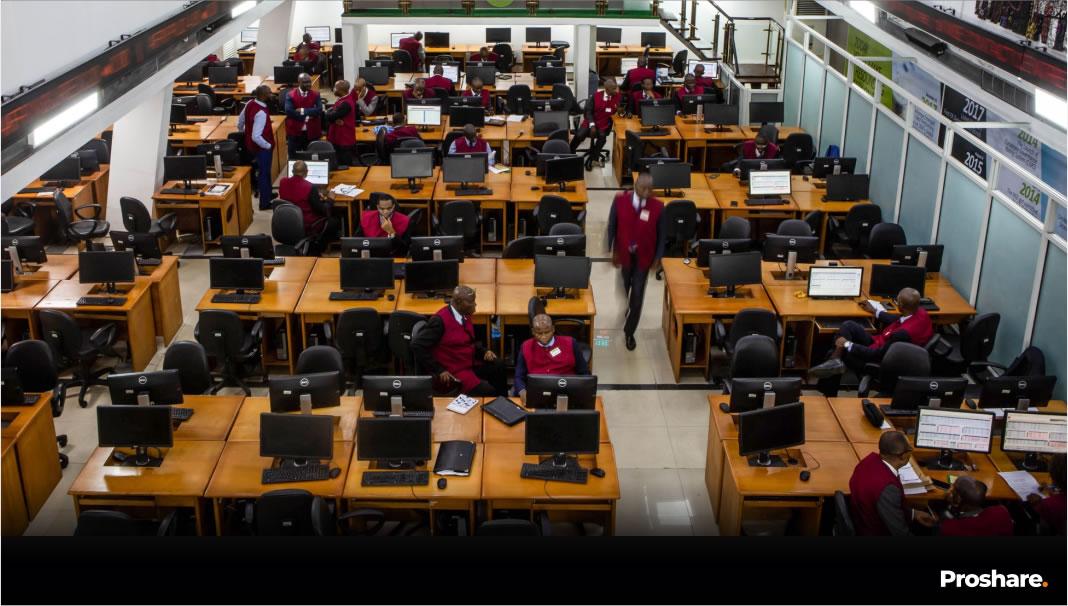
 313 views
313 views
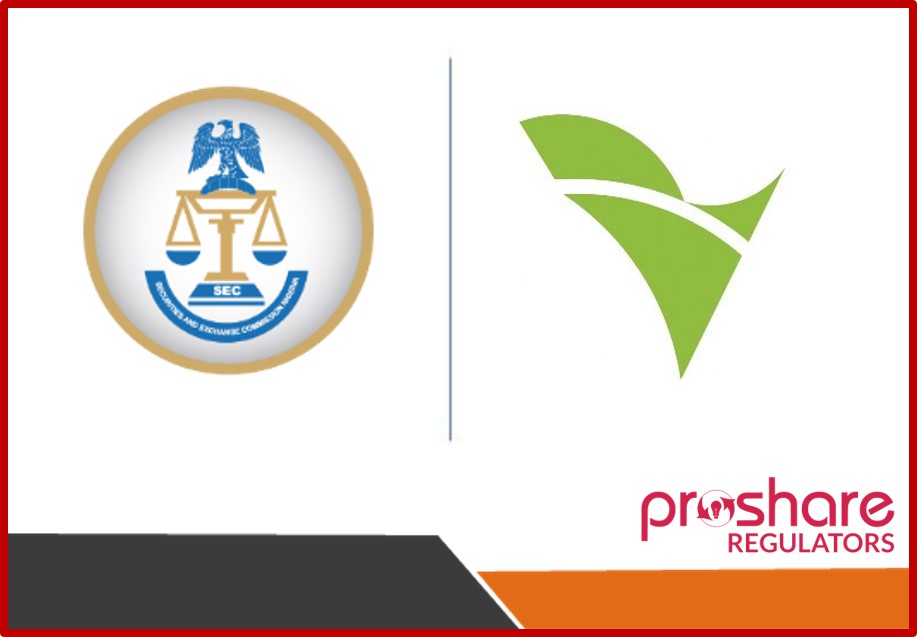
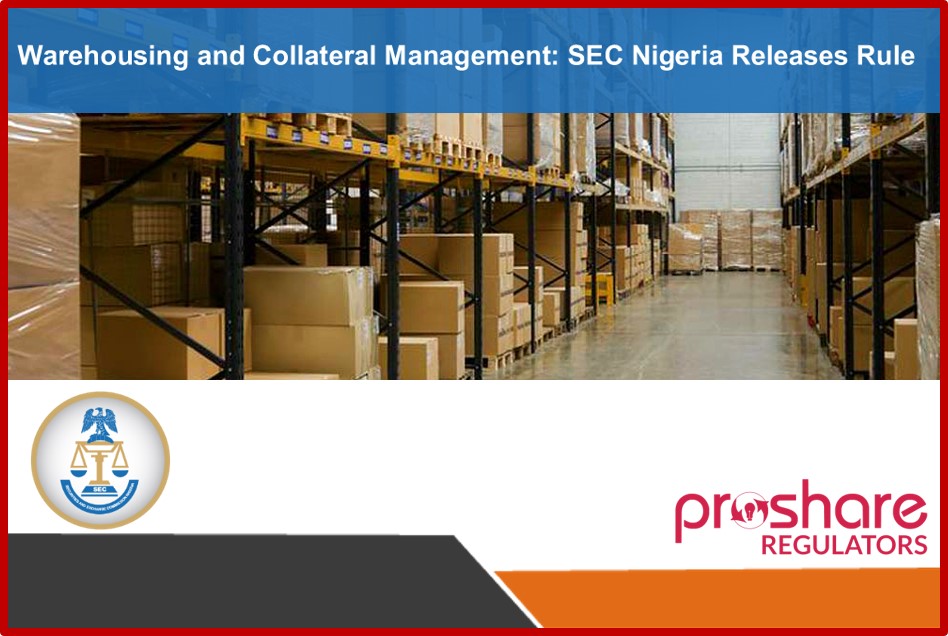
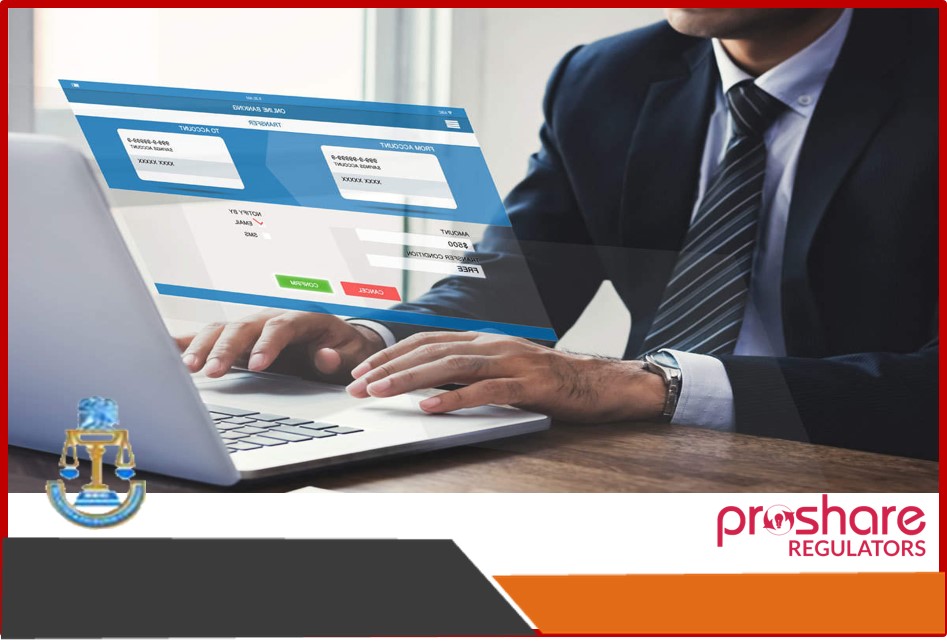
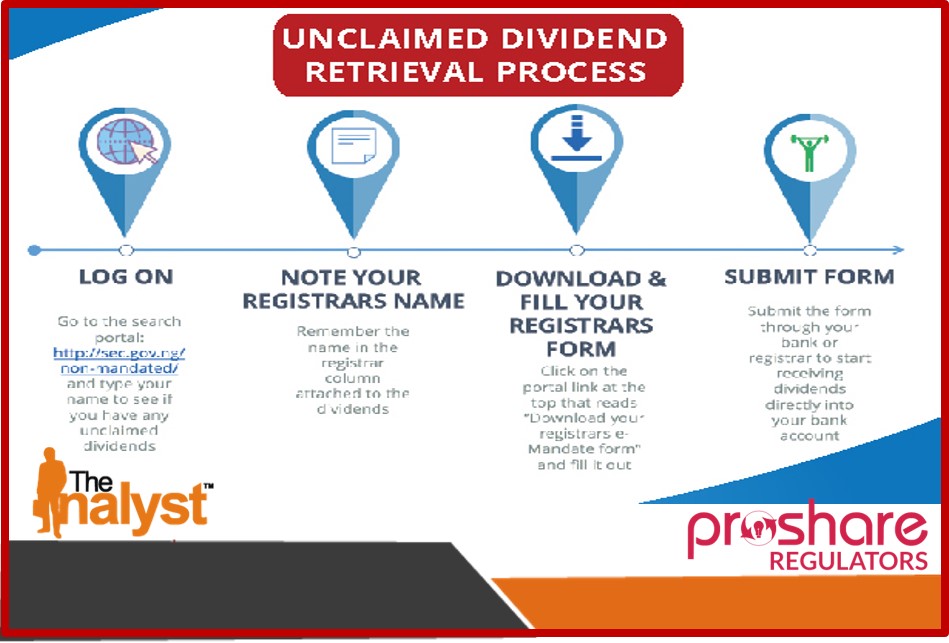
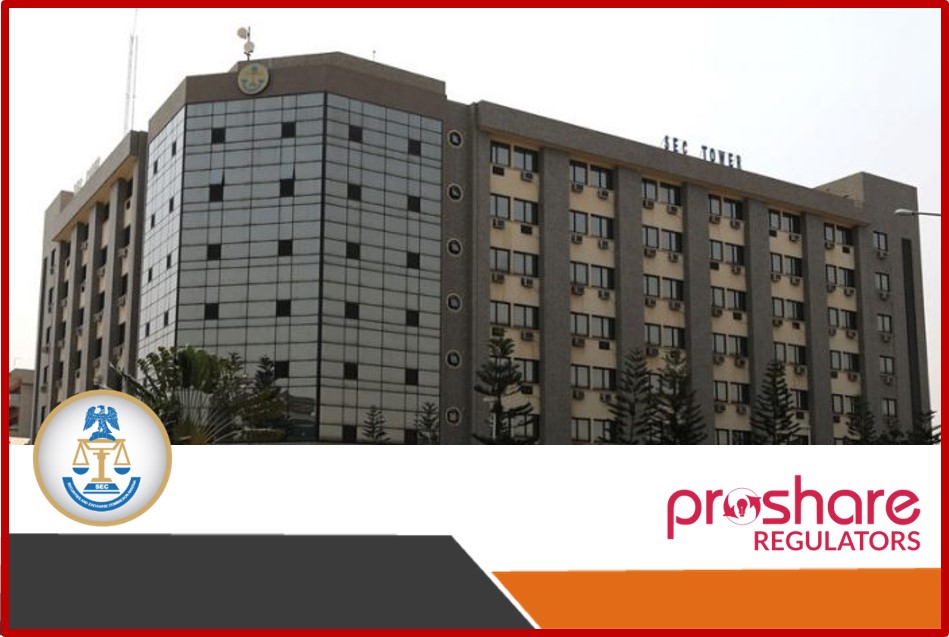

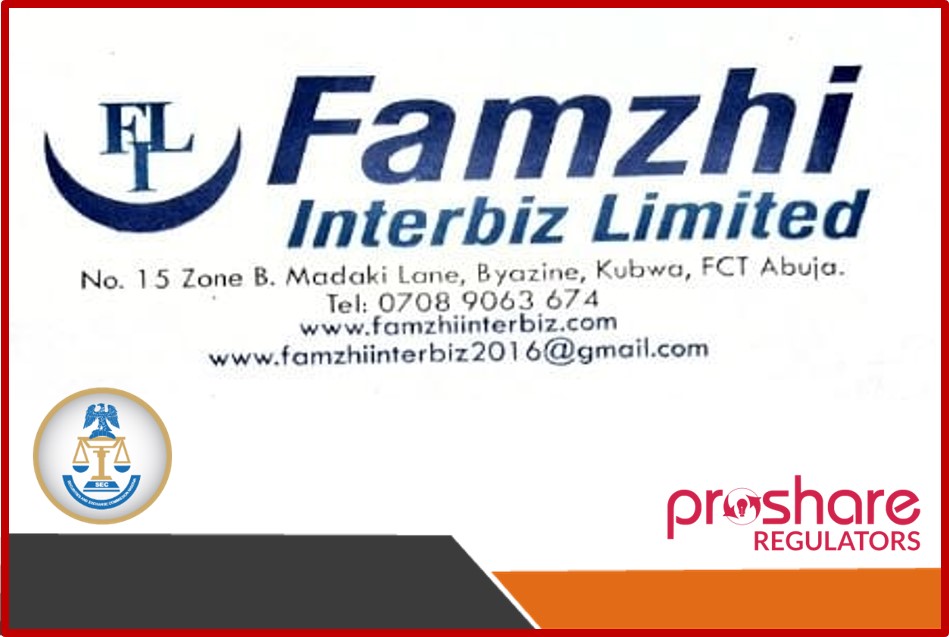
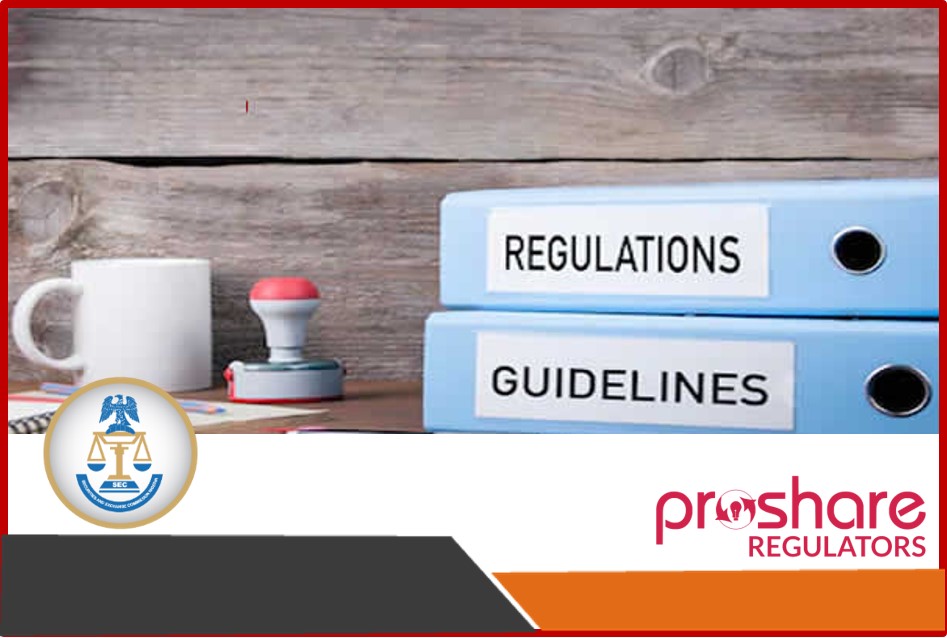
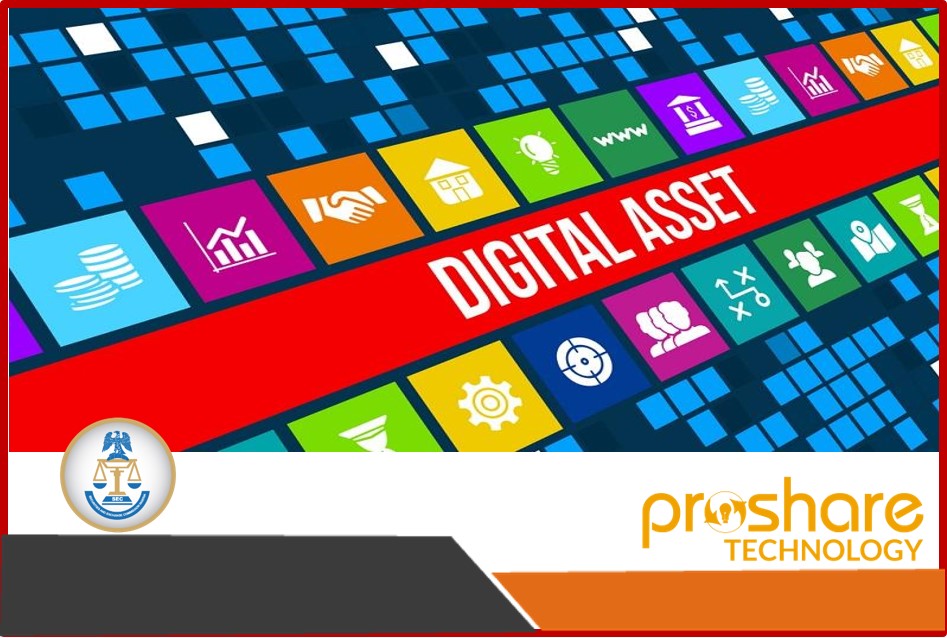
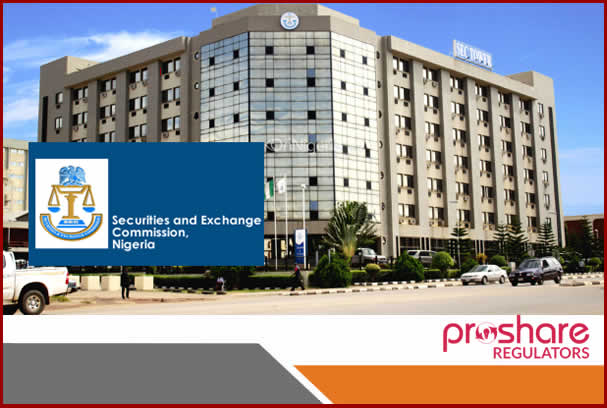





 Sponsored Ad
Sponsored Ad
 Advertise with Us
Advertise with Us









